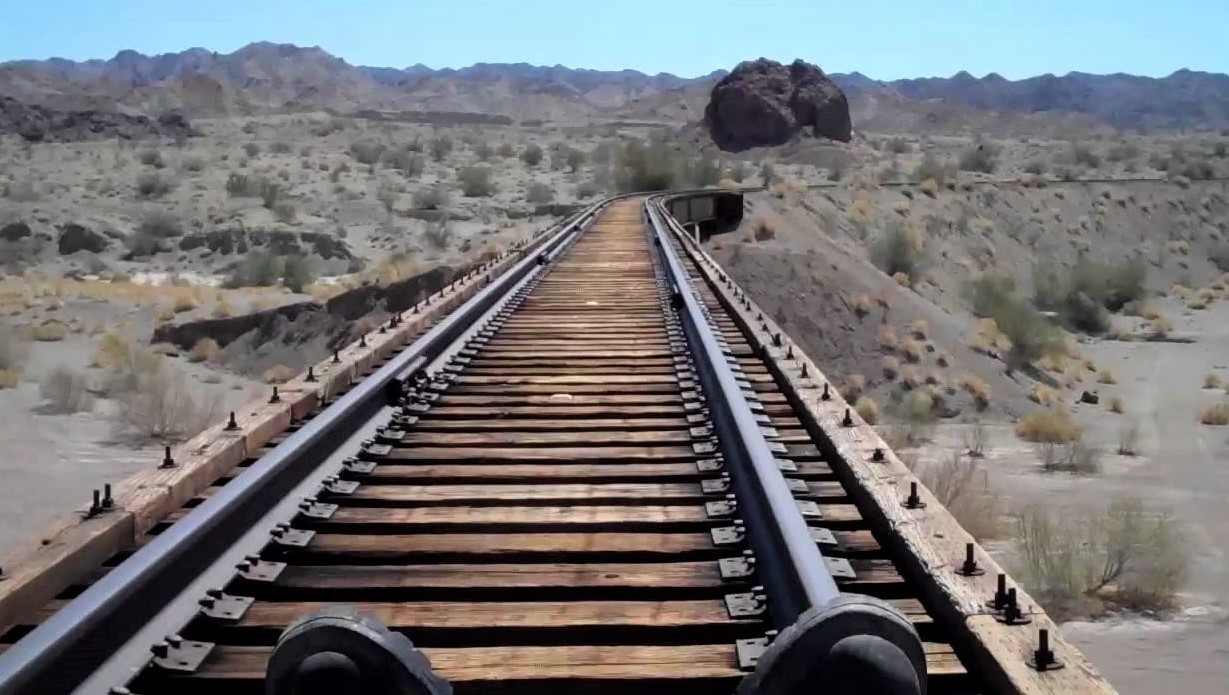By Our Monitoring Desk
MULTAN– Chairman Pakistan Railways Habib Ur Rahman Gilani said on Monday that the existing five five per cent passenger transport and freight business share of Railways would go up to 25 per cent by the year 2030.
Addressing a gathering of industrialists at Multan Chamber of Commerce and Industry (MCCI), he disclosed that travel by trains would become faster and secure after completion of the mega ML-1 project adding that work on it is expected to begin within next six months.
“Its planning and all related stages have been completed, designs and drawings sent to Chinese,” Gilani said adding that finalizing loan from China and related matter would take almost six months to pave the way for project’s execution.
The project would be completed in two phases in two and half years, chairman Railways added. He said that replacement of around 1250 kilometer lifeline track from Karachi to Peshawar under ML-1 would help increase trains’ capacity to run faster, from existing 105 km/h to 160 km/h.
Travel from Multan to Lahore would become merely a two-and-half-hours affair while Multan-Karachi travel would be completed only in six hours after overhead bridges and underpasses are built on the crossing points and track is fenced on both sides for safety, he added.
He said, a Lahore-Multan train facility would soon be introduced adding that the train would operate from Multan in the morning and would leave Lahore for Multan in the evening to facilitate people particularly the business community.
Habib Ur Rahman Gilani said that Railways was facing the problem of heavy expenses on pensions, however, added that reforms were being introduced to ensure that retired employees get their dues before retirement to lessen burden on Railways. It will happen soon.
He said that Pakistan Railways Board has approved utilizing Railways land for commercial purposes under public-private-partnership mechanism to enhance revenue. He asked investors and industrialists to come up with proposals of building terminals and promised cooperation from Railways.
He said that four trains were operating successfully by private sector and no complaint has so far emerged. He said that a plan was in the pipeline to run fifteen more trains through involvement of private sector.

